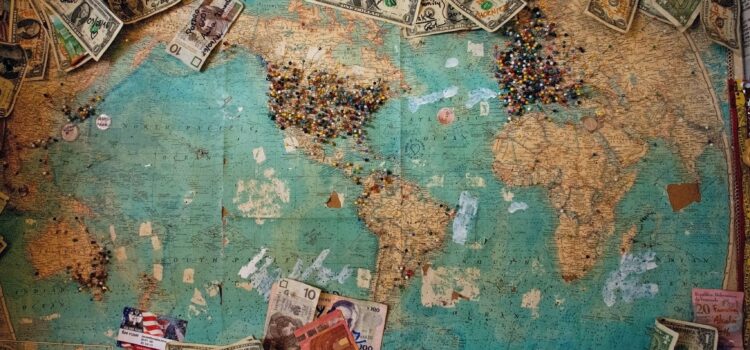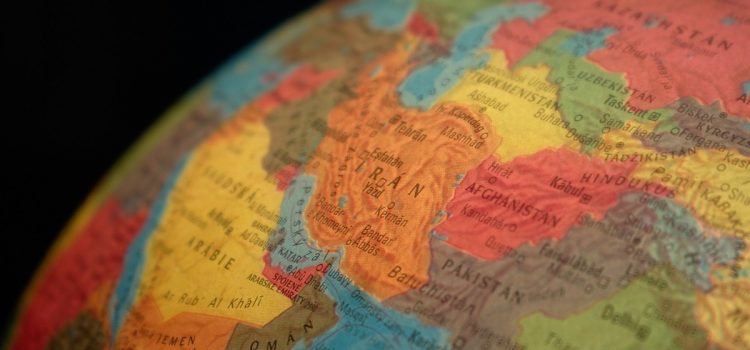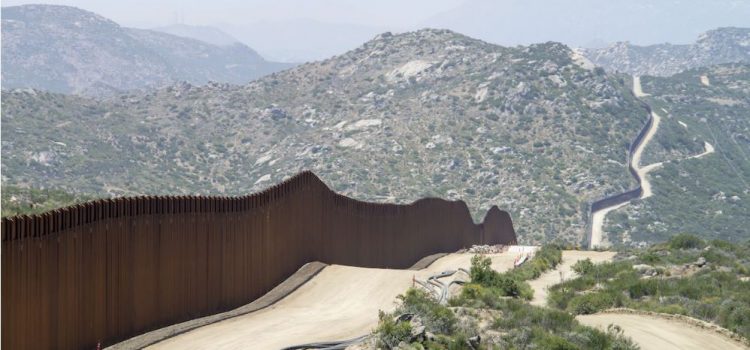How did complex life emerge? What distinguishes eukaryotic life from simpler life forms? In his quest to understand the origin of life, biochemist Nick Lane examines the transition from the simplest life forms (bacteria and archaea) to more advanced organisms (eukaryotes). He explains his research and his resulting proposal in The Vital Question. Read more to understand Lane’s ideas about the origin of eukaryotes.
The Origin of Eukaryotes: Beyond Bacteria and Archaea










